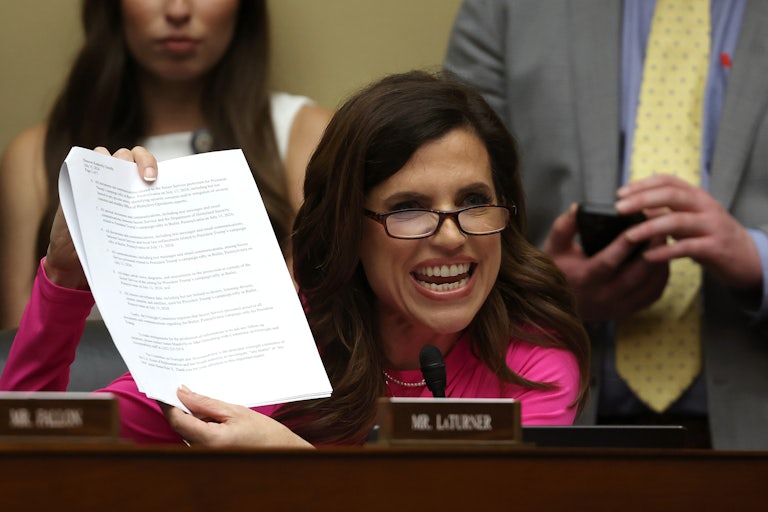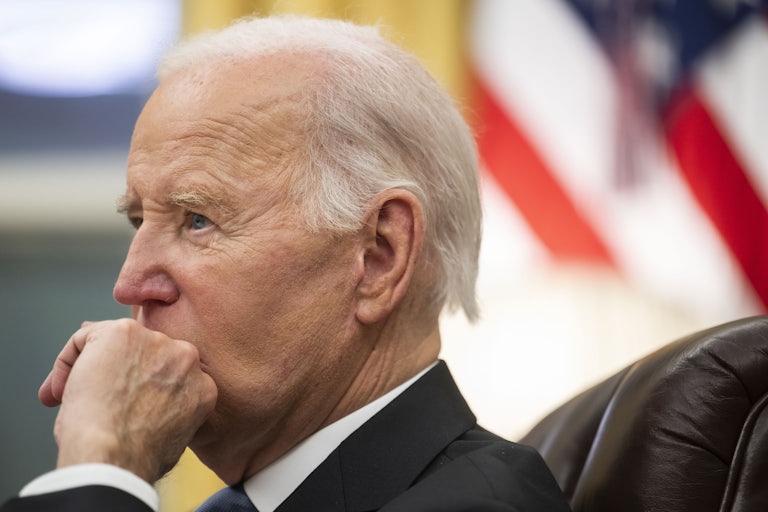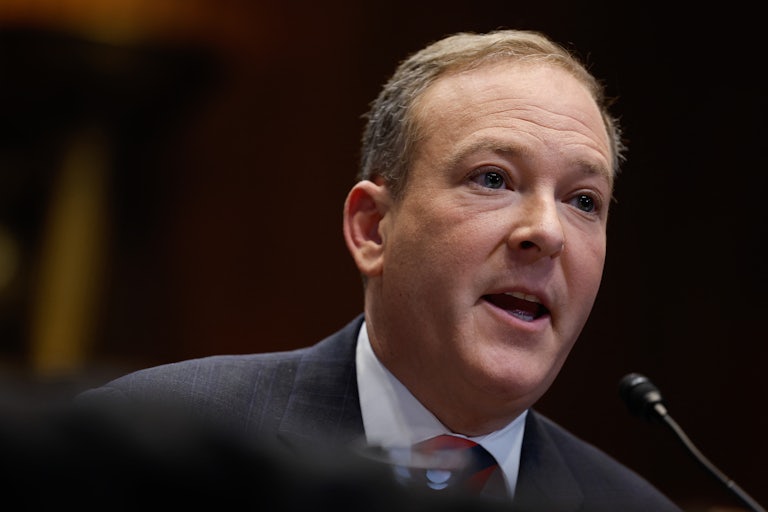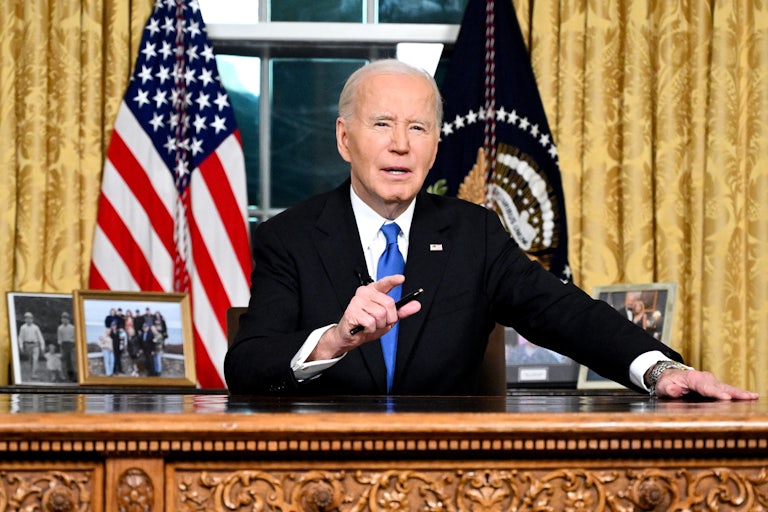Trump’s Treasury Pick Leaves Glaring Gap in Answer on Cutting Medicaid
Donald Trump and his allies have increasingly looked at cutting Medicaid.
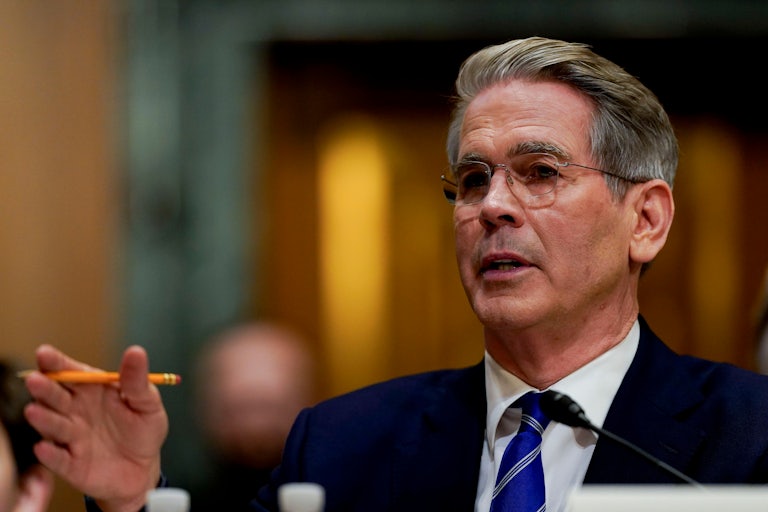
Treasury secretary nominee Scott Bessent won’t commit to not cutting Medicaid.
In a heated back and forth Thursday with New Mexico Senator Ben Ray Luján, the hedge fund manager refused to specify where exactly he stood on the future of the critical health care program, claiming instead that he would leverage future negotiations on Medicaid to “empower” states.
“Yes or no: Will you recommend cutting Medicaid?” pressed Luján.
“I’m sorry, I didn’t hear if you said Medicaid or Medicare,” stuttered Bessent.
“Will you recommend cutting Medicaid?” the senator reiterated.
“Medicaid? The, um—I will—it’s the business of Congress to do the budget,” Bessent responded. “And I am in favor of empowering states, and I believe that for some states that will be an increase and for some states that will be a decrease.”
“So, Mr. Bessent, will you recommend cutting Medicaid to President Trump? And I’ll remind you that you acknowledged that one of your responsibilities as secretary of the Treasury will be to be providing this advice,” Luján said.
“I will get back to you on this,” Bessent concluded.
Donald Trump's nominee for Treasury Secretary, Scott Bessent, says he will "get back to" Senator Ben Ray Luján when asked at his Senate confirmation hearing if he would suggest cuts to Medicaid.
— Art Candee 🍿🥤 (@ArtCandee) January 16, 2025
Vile. pic.twitter.com/EM6Nx5L0XD
More than 72 million Americans, or roughly one in five citizens, were enrolled in Medicaid as of October, according to a federal Medicaid factsheet. The joint federal and state health care program provides comprehensive health care insurance to low-income Americans.
The wildly popular program has come under increased scrutiny by Donald Trump and his allies since his November win. In a Wall Street Journal op-ed published in November, Vivek Ramaswamy and Elon Musk (the potential co-chairs of the not-yet-real Department of Government Efficiency) said they intended to take a knife to “entitlement programs” such as Medicare and Medicaid, though they refused to specify how much they planned to burn from the health care programs.
That could help Trump extend his 2017 tax plan, which overwhelmingly benefits corporations and could add as much as $15 trillion to the national deficit, and which Bessent repeatedly vouched for and framed on Thursday as a salvation for America’s working class.
